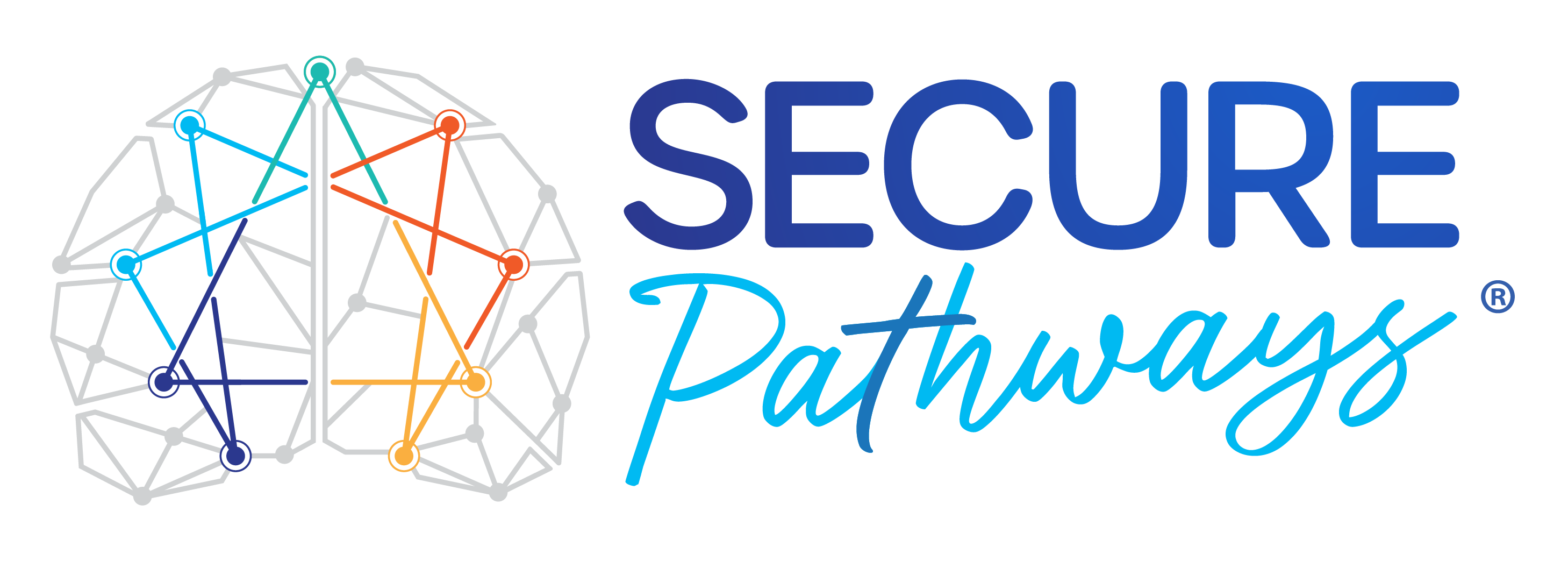We have been talking about understanding our emotions and our children’s emotions. Now, I would like to spend some time exploring how our Enneagram types might impact our parenting.
In order to develop a secure attachment with our children, parents need to be attuned to their kids. Attunement means paying attention to what your child needs and responding in a way that shows you understand and care. Parents need to be available and responsive both in supporting children to explore and helping children regulate their emotions. We will talk more about exploration in a few weeks, but this week (and next) we are going to continue exploring how we, as parents, respond to our kids’ emotions.
When children need to be comforted or are feeling angry, scared, or overwhelmed, they need parents to co-regulate their emotions–help them express and make sense of their feelings. It means that a parent remains present with a child and helps them all the way through their emotions until they are soothed. This often includes validating their feelings and expressing your understanding of the reasons that they might feel that way. Skills needed to validate feelings are recognizing which emotion your child is feeling, communicating with your child in a calm manner when they are upset, verbally validating their feelings, and staying with your child while they are experiencing emotions until they are soothed. There are a number of factors that impact parents’ ability to hang with their children in their emotions and help them calm. One of those factors is the parents’ Enneagram type (personality). I am going to give two examples for each Enneagram type of potential strengths in helping children regulate emotions. Often one of the hardest emotional co-regulation situations for parents is when their children are angry at them, so some of the examples below may refer specifically to that.
| Type | Strengths in Helping Children Regulate Emotions |
| 1 | Their ability to detach from their emotions and stay calm could be beneficial when children’s emotions escalate. If parents know that sticking with their child’s emotions is the right thing to do, they may be able to tolerate big feelings before moving to cognitive processes (problem-solving, explanation, plan for improvement, consequences, etc). |
| 2 | They are naturally good at sensing others’ emotions and needs, so can tune into what their child is feeling. They are good at setting their own needs or reactions aside to help others, so can put their own stuff on the back burner and attend to their kids’ emotions. |
| 3 | Their logical approach to achieving goals may allow them to stay present with their child’s upset without getting overly upset themselves. They are not afraid of conflict and want to figure out problems, so they may be able to lean into their children’s big feelings (even if directed at them) to help them sort it out. |
| 4 | They are comfortable to experience deep emotions, so they are not likely to back away from their children’s intense emotions and even connect on an emotional level. They often seek validation and may also want their child to receive validation, so they are able to tune into their child’s emotions and validate their feelings. |
| 5 | They are good at being objective and their practical nature can allow them to stay calm (and not get angry or frustrated) during their child’s emotions so the child does not escalate more. Observation is one of their well-developed skills and they can use that to figure out what their child is feeling. |
| 6 | Using their mental analysis can allow them to think through how to handle their children’s emotions before they occur rather than responding spontaneously in the moment. Their loyalty can help them stick with their child and support them through difficult emotions. |
| 7 | They are motivated to help their children feel better because they want them to be happy. Because of their desire to be taken care of and wanting their children to feel taken care of, they may be sensitive to meeting their children’s need for help with emotions. |
| 8 | They can handle pressure and strong feelings are not likely to be upset by them, so they may be able to stay with their children’s big emotions. They tend to show power and strength and are not likely to be intimidated, so they are not likely to back down when facing their child’s negative emotions. |
| 9 | They consider everyone’s perspective and may naturally be attentive to their child’s perspective and emotions. They often do not express their own feelings and try to maintain peace, so they are likely to stay calm and focused on their child’s emotions. |
All parents have strengths that can be beneficial for helping children co-regulate their emotions, but that does not mean that it is easy. Reflect on how your personality can be an asset in being emotionally attentive to your child.
Questions to ponder:
What strengths do you bring to helping your child with their emotions?
How does your Enneagram type serve you well when it comes to managing emotions?



